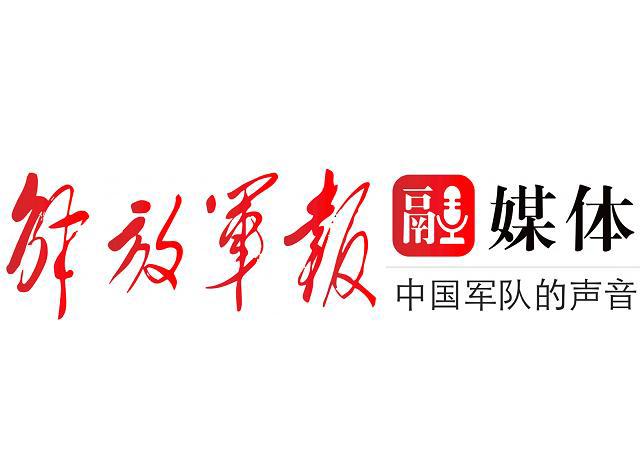In Liangjiang Community, Liantangao Town, Youxian County, Hunan Province, in the midst of green mountains, there is a rural primary school. On the second floor, once named "Huiwen Middle School", there is a simple and solemn martyrs' memorial hall. "Serving the country with loyalty", "meritorious service", "wisdom and courage"... A red pennant on the wall pins the local people's remembrance of the heroic martyr Cai Huiwen.
Cai Huiwen was born in November 1908 in Shantian Village, Liangjiang Township, Youxian County (now Shantian Village, Liantang Pass, Youxian County). In 1925, he was admitted to Changsha Changjun Middle School, participated in the patriotic student movement, and began to accept Marxism. He joined the Communist Youth League of China in March 1926 and became a member of the Communist Party of China in the summer of the same year.
In February 1927, Cai Huiwen was selected to study in the cadre training team of the Workers' and Peasants' Self-Defense Army jointly organized by the Provincial Federation of Trade Unions and the Provincial Peasants' Association, and was wanted to be transferred to Wuhan after the Ma-Ri Incident, and in July he joined the Guard Regiment of the General Headquarters of the Second Front Army of the Wuchang National Revolutionary Army, serving as a party representative of the 1st Battalion and the 1st Company. In September of the same year, he participated in the Autumn Harvest Uprising in Xiangganbian, served as a party representative of the 1st Division, 1 Regiment, 1st Battalion, 1st Company of the First Army of the Workers' and Peasants' Revolutionary Army, and accompanied the troops to Jinggangshan to participate in the struggle to open up the Revolutionary Base Area of Jinggangshan. Later, he served as a party representative of the machine gun company of the 31st Regiment of the Fourth Army of the Chinese Workers' and Peasants' Red Army and a party representative of the teaching team.
In February 1929, Cai Huiwen led his troops to move with the Red 4th Army to gannan and western Fujian, and was soon promoted to political commissar of the 1st detachment of the 3rd General Corps of the Red 4th Army. In December of the same year, he attended the Gutian Conference. In August 1930, he was appointed as the political commissar of the 3rd Army of the Red 1st Army, and together with the commander Huang Gongluo, he led his troops to participate in the first, second, and third anti-"encirclement and suppression" of the Central Revolutionary Base Area, and the 3rd Army captured Zhang Huizhan alive in the first anti-"encirclement and suppression", and Mao Zedong gave poems to praise.
In January 1932, Cai Huiwen was appointed director of the Political Department of the Jiangxi Military Region, and in October of the same year, he was appointed commander-in-chief, general political commissar and political commissar of the Red 8th Army of the Xianggan Provincial Military Region. At the same time, he is also an executive member of the Xianggan Provincial Committee of the Communist Party of China. In the spring of 1933, Cai Huiwen and his commander Xiao Ke commanded the Red Eighth Army to participate in the fourth anti-"encirclement and suppression" operation in the Xianggan Revolutionary Base Area, and won successive victories. In June of the same year, he was appointed political commissar of the 17th Division of the Sixth Red Army. In 1934, he was appointed commander of the Guangdong-Gansu Military Region, and before the Long March of the main force of the Central Red Army in October, he was appointed as a member of the Gannan Provincial Party Committee and the commander of the Provincial Military Region, and stayed in the Central Soviet Region with Xiang Ying and Chen Yi to persist in the struggle.
In early 1936, Cai Huiwen encountered the Kuomintang army on the way to the battle of the leading troops, fell into a heavy siege, and was shot several times during the breakthrough, and was seriously wounded and captured. The enemy tried to get important information from the badly wounded Cai Huiwen about the party and the guerrillas, but he resolutely refused and fought desperately. The enemy brutally cut his throat and killed him. This excellent Red Army general died heroically at the age of 28.
"Cai Huiwen was an outstanding commander of the Red Army with outstanding meritorious service and made major contributions to the creation of our party's rural revolutionary base areas, the building of revolutionary armed forces, and the smashing of the enemy's counter-revolutionary 'encirclement and suppression.'" The article "The Martyrs of Cai Huiwen Are Immortal" compiled and printed by the Party History Office of the Youxian County Party Committee in 1986 recorded this.
Today, Cai Huiwen's hometown of Yamada Village has undergone tremendous changes, the scenery is picturesque, and the people's lives are happy. "When Grandpa revolutionized, he abandoned everything, but left us with an iron-hearted revolutionary spirit." Cai Huiwen's nephew Cai Zhimin said.
(Xinhua news agency reporter Yang Jian)
